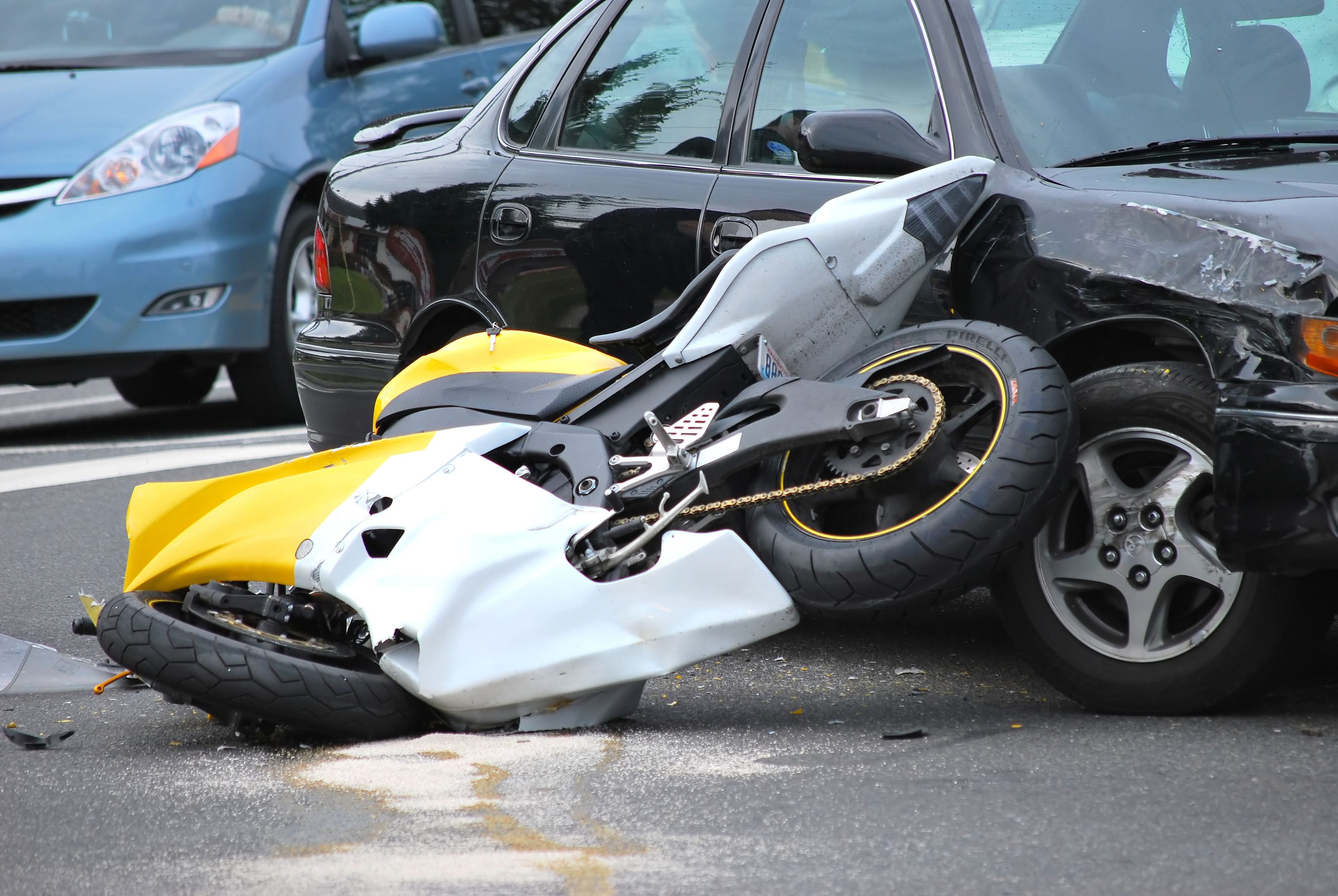$45M Motorcycle Crash Verdict Challenged Over Claims of Jury Sympathy
A high-stakes legal clash unfolds after a devastating accident sparks a $45M verdict, raising questions about liability, fairness, and the power of jury judgment.
Published on
In March 2021, 22-year-old Marine Corps reservist Don D. Zemo IV suffered life-altering injuries when his motorcycle collided with a vehicle exiting the parking lot of MyHoopty.com LLC in Oakville, Connecticut. Zemo alleged that an illegally parked tow truck obscured the line of sight between him and the other driver, Dwayne Conley, resulting in the crash.
A Connecticut state jury ultimately found MyHoopty 65% at fault, Conley 25% at fault, and Zemo 10% at fault. On July 22, the jury returned a $45 million verdict in Zemo’s favor, awarding $36.5 million in noneconomic damages and $8.5 million in economic damages.
However, defense counsel Julie A. Lavoie of Harris Beach Murtha Cullina PLLC argued the verdict was a product of emotion rather than reason. At a hearing before Superior Court Judge Carletha S. Parkinson, Lavoie claimed the jury deliberated for less than three hours, an insufficient time, she said, to fairly consider complex liability and damages issues. “There simply was not enough time to give the care and attention needed to all the liability issues and then take the time to go back and refer to the specific evidence,” she told the court.
Arguments Over Economic Damages
Central to MyHoopty’s challenge is its contention that the jury exceeded the highest expert estimate for economic losses. The plaintiff’s own economist, Gary Crakes of Maher Crakes and Associates, testified to a maximum loss of approximately $8.27 million. The jury, however, awarded $8.5 million.
This slight increase—$224,000 over the economist’s estimate—was presented by the defense as further evidence of a sympathy-driven verdict. “The higher figure indicates that the jury resorted to using its sympathy,” Lavoie said.
In contrast, Zemo’s attorney, James J. Healy of Cowdery Murphy & Healy LLC, argued that the verdict reflected the jury’s belief in the credibility of testimony offered by Zemo’s family. They testified that the extent of his daily care needs went beyond the “conservative” estimates offered by medical professionals. “He is paralyzed from below the navel. He will never walk again. He will never work again,” Healy said in court, underscoring the severity of Zemo’s condition.
Healy also pointed out that the jury’s award was significantly below the $85 million his team had requested during closing arguments—suggesting, he said, that the award was measured and not excessive.
Post-Verdict Motions and Evidence Challenges
In addition to seeking a remittitur or a new trial, MyHoopty challenged the admissibility of certain lease documents and a right-of-way agreement introduced during the trial. Lavoie contended that the documents confused the jury and improperly implied that the company owed a duty of care to Zemo, even though he was not a party to the agreements.
Judge Parkinson questioned the relevance of the documents to the issue of duty, asking whether the real issue was foreseeability and notice. Healy argued the documents were correctly admitted and essential for demonstrating that MyHoopty's principal, Michael Festa, knew the tow truck’s placement created a dangerous condition that could lead to a collision.
Even if the court were to reconsider their admissibility, Healy noted that both parties had agreed to admit the lease and right-of-way documents without limitation, making them fair game for use in establishing foreseeability and potential negligence.
Request for Interest and Reallocation
In a separate motion, Zemo asked the court to add $8.26 million in offer-of-compromise interest to the $29.25 million portion of the award attributed to MyHoopty. The request followed an August 2023 settlement offer of $4 million that MyHoopty rejected, ultimately choosing to proceed to trial.
Because Conley was uninsured, Zemo is also pursuing a reallocation of liability, seeking to shift Conley’s uncollectible share to MyHoopty.
The Stakes Moving Forward
MyHoopty’s attempt to overturn the $45 million verdict now hinges on whether Judge Parkinson believes the jury’s actions were guided by passion or sound reasoning. In a September 18 filing, Zemo’s legal team dismissed MyHoopty’s post-trial motions as an attempt to relitigate already-settled matters.
“Despite knowing the serious exposure it faced after a young man was left paralyzed due to the negligent actions of one of its principals, the defendant rolled the dice and tried this case,” Zemo’s attorneys wrote. “The defendant cannot now expect this court to disturb a verdict that was rendered by a jury that was consistently attentive and conscientious throughout the trial.”
Attorney Michael A. D’Amico of D’Amico & Pettinicchi LLC, who also represents Zemo, commented after the hearing: “The noneconomic award was just and appropriate given his grievous injuries, and the economic award was based upon all the credible evidence presented. This was not a verdict based on sympathy.”
He further criticized the motion for a remittitur as a standard defense tactic following an unfavorable verdict: “This is nothing more than defense MO after a plaintiff verdict that the defense is unhappy with.”
MyHoopty’s legal team includes Daniel J. Krisch, Julie A. Lavoie, and Brian D. Ginsberg of Harris Beach Murtha Cullina PLLC, and Mark A. Milano and John C. Mayano of Milano & Wanat LLC.
The case is Don D. Zemo IV v. MyHoopty.com LLC et al., case number UWY-CV22-6064639-S, pending in the Waterbury Judicial District of the Connecticut Superior Court.


